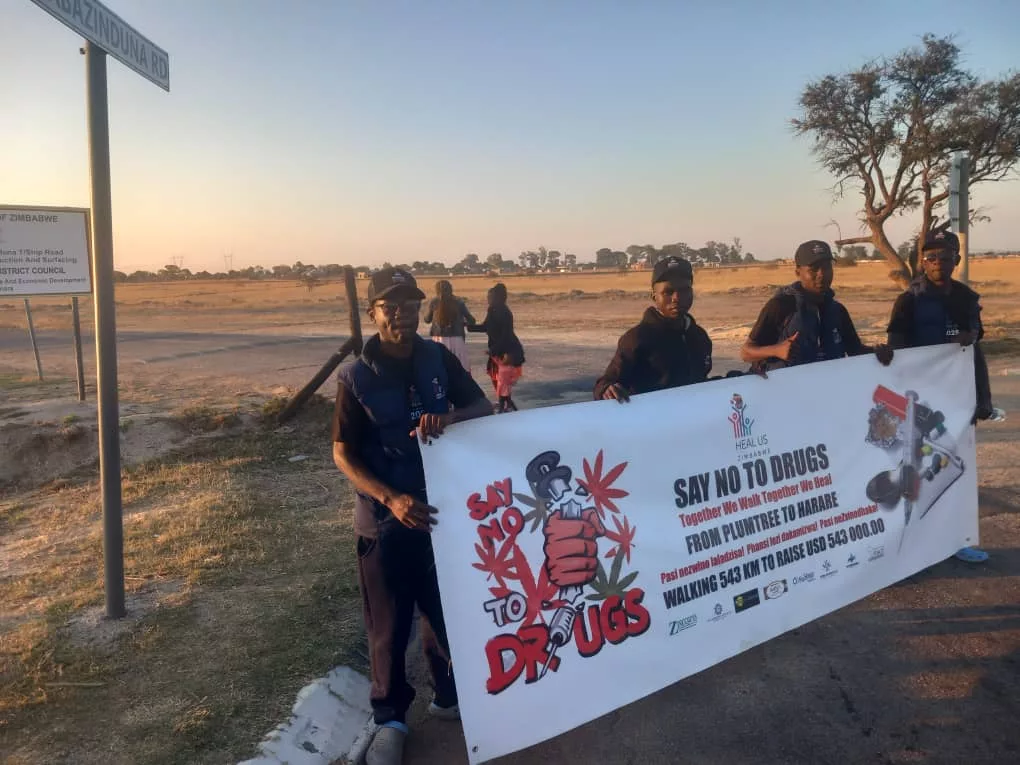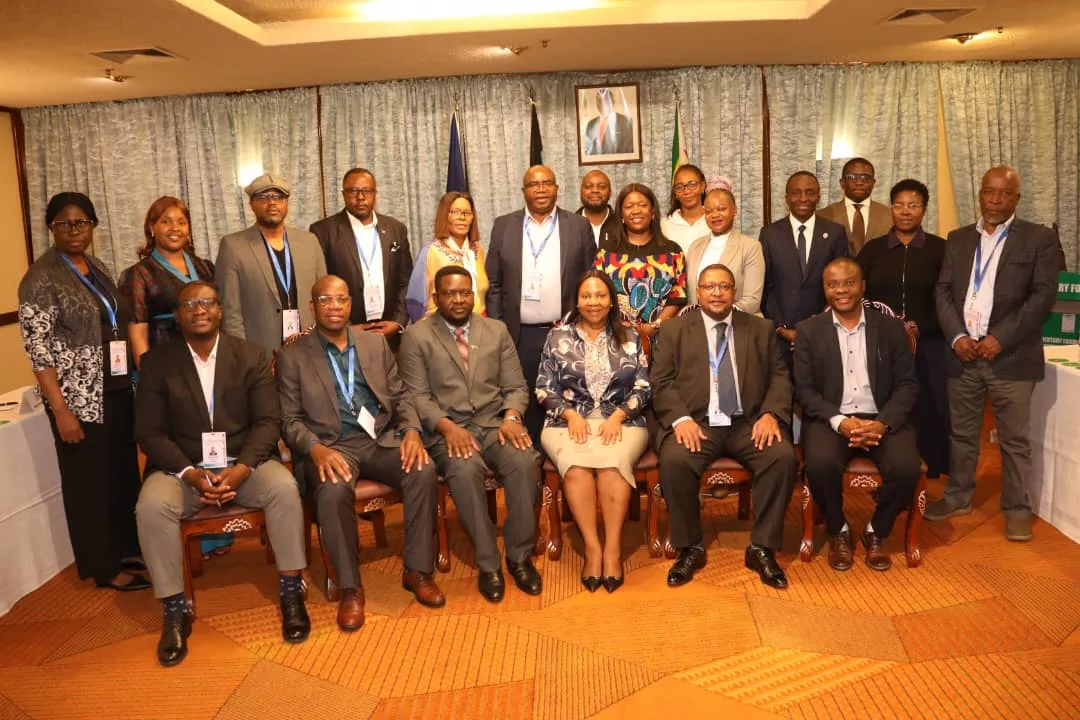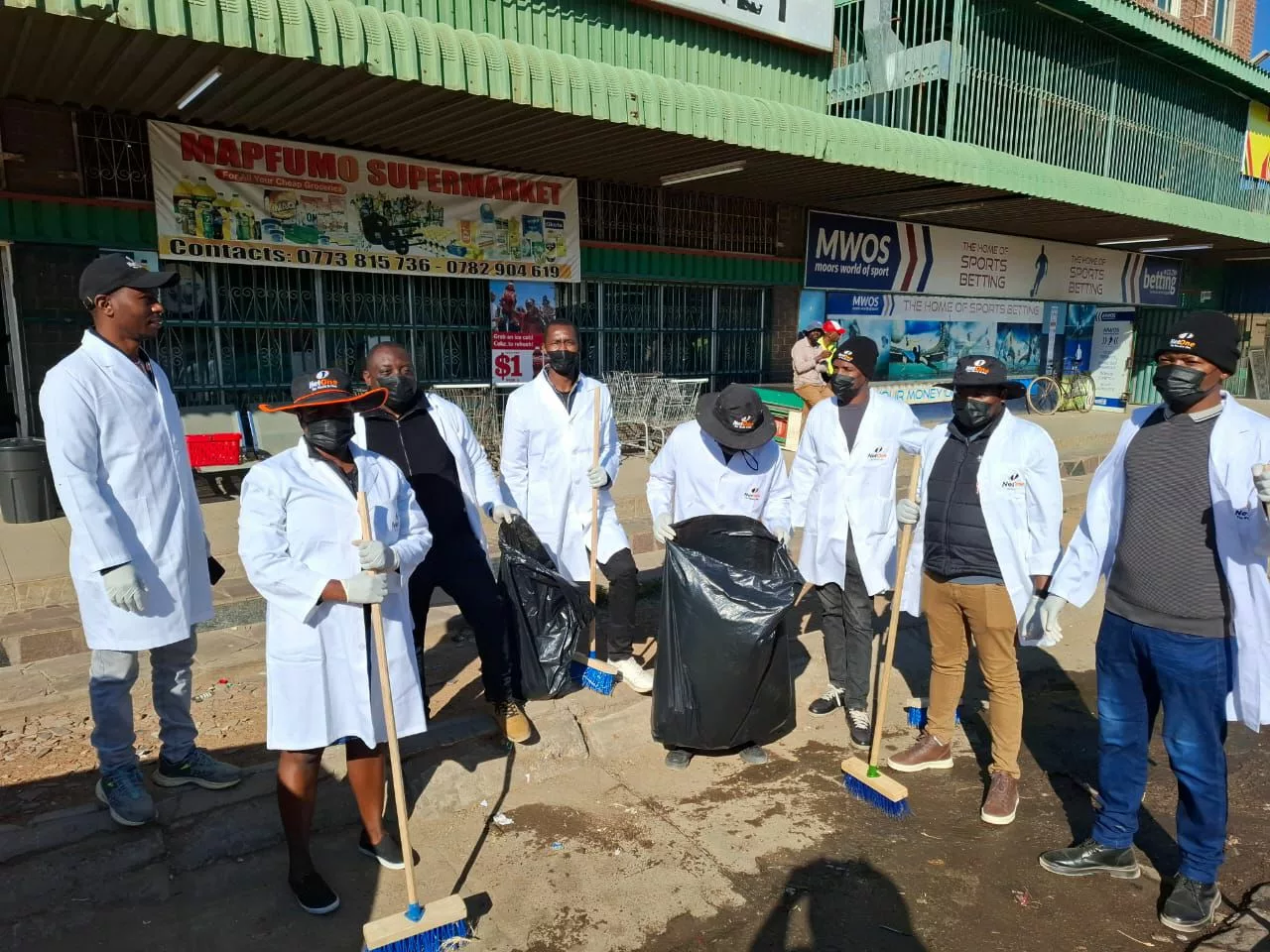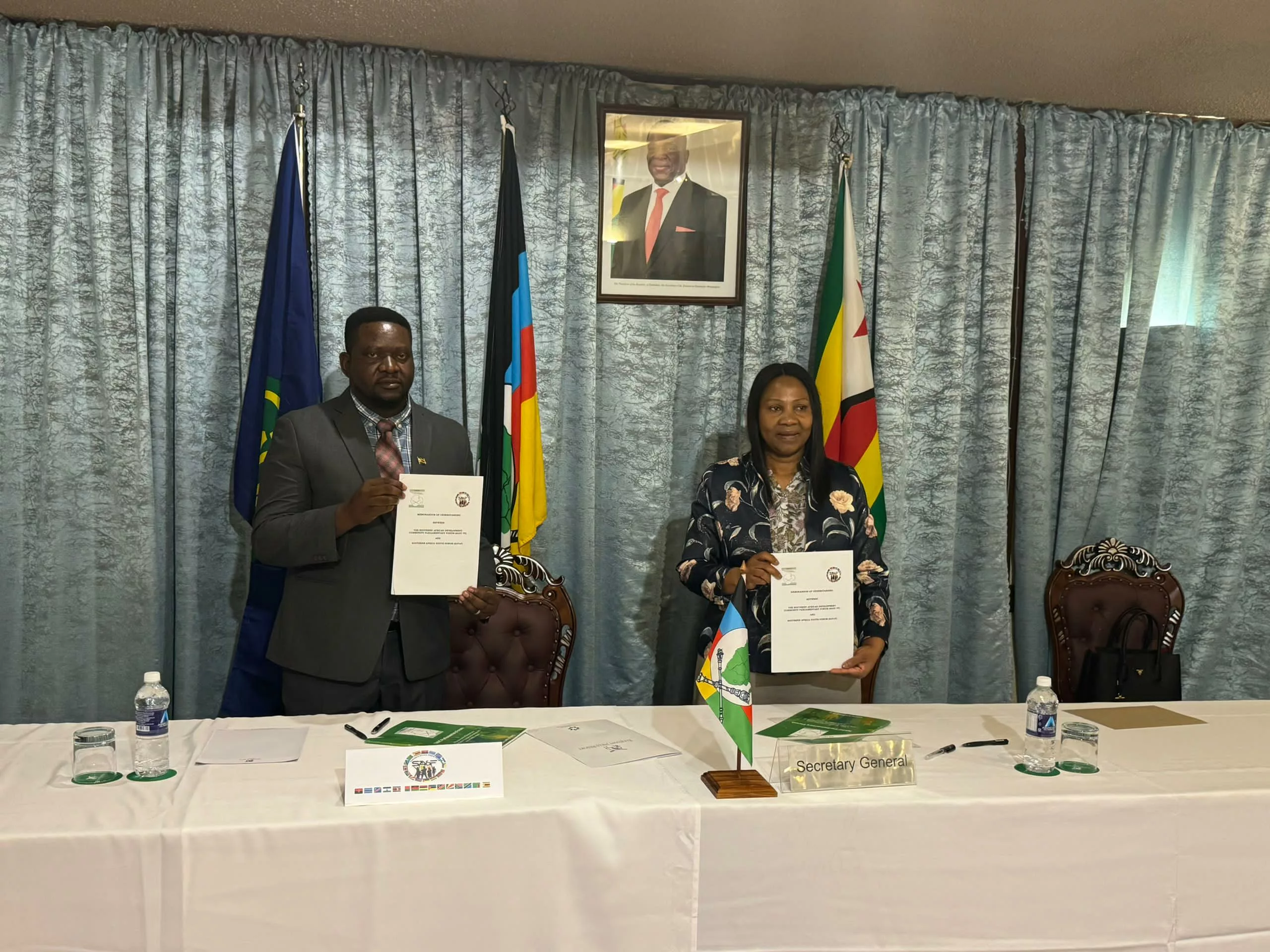|
Getting your Trinity Audio player ready...
|
By Charles Dhewa
Animals, birds, and trees may not speak English, Chewa, Shona, Ndebele, KiSwahili, or any other language but they certainly speak several languages which human beings are yet to master. Co-existing with microclimates and forests for generations has exposed many African communities to the secret knowledge and languages of nature. As more people develop tastes for indigenous fruits, we hope they will start defending forests from destructive logging and other threats like cutting down trees for tobacco production.
Unpacking indigenous science through agro-ecology
The foundation of agro-ecology is using indigenous knowledge systems to understand relationships in forests and microclimates. Against all odds, the way agro-ecology is being promoted in many African countries is not only geared to reverse industrial agriculture but also surface and unpack indigenous science. This includes developing new natural literacies such as developing consciousness to languages within forests, rivers, watersheds, micro climates and trees, grasses and wild animals/insects.
New knowledge and languages, waiting to be discovered, will assist people to respond better to climate change and preserve the environment better. Although Africans have, for more than a century, been coerced into embracing industrial farming like using fertilizers and hybrid seeds, most rural people continue to use their indigenous farming methods that respect nature. For instance, the majority of smallholder farmers are not fully convinced that using fertilizer is a solution to boosting degraded soils.
Traditional roots are always within reach
The abundance of indigenous knowledge systems explains why most projects from outside do not survive beyond a project’s life span. As soon as the project ends, communities quickly to go back to what they know works best. However, African policymakers are not preparing the young generation for the knowledge held by the old generation. Such knowledge should be part of the curricula in schools and colleges.
A lot of lands is lying fallow as young people migrate cities or the diaspora. With the right policies, governments can identify fallow land which young people can use to practice agroecology and package related knowledge. That is how agroecology can be used as a mechanism for preserving indigenous knowledge systems. The process can include identifying local specialists in indigenous knowledge systems who can share their knowledge through relevant spaces.
Just as most governments have parliamentary portfolio committees on different issues, equivalent committees should be set up for indigenous knowledge systems. Academic institutions can be brought on board to assist in structuring knowledge in ways that energize intellectual contributions. Youth passionate about indigenous knowledge can be linked with academic institutions for processing and packaging emerging knowledge. Such knowledge can be kept fluid so that it can interface with relevant external knowledge as long as external knowledge adds value to indigenous knowledge systems.
Where is agro-ecology being practiced and what are its elements?
The above question can only be answered through exhaustive research. Such research should extend to identifying key economic actors who can be drivers of agro-ecology markets. Consumers can also be made to appreciate the benefits of agro-ecology products. Ultimately, market demand will translate to the preservation of forests and ecosystems as communities and consumers understand the secret languages in microclimates and ecosystems. Mass markets can be used to track volumes of indigenous fruits flowing into the market as well as income generated. Awareness should be increased in communities that are sources of the fruits.
Mass markets as spaces of indigenous knowledge exchange
Abundant indigenous knowledge is exchanged in African mass markets between farmers from different areas as well as between farmers and traders, among others actors. Unfortunately, as these markets are being infiltrated and controlled by middlemen, that form of knowledge exchange is destroyed. A lot of the knowledge exchange has been happening for decades without anyone documenting the process and content.
If taken seriously indigenous knowledge should inform interventions from outside. While some of the indigenous knowledge is linked to culture and religion, it has become common for some development agencies to introduce interventions that do not recognize local culture and religion, preferring to impose the culture and religion of the donor.






